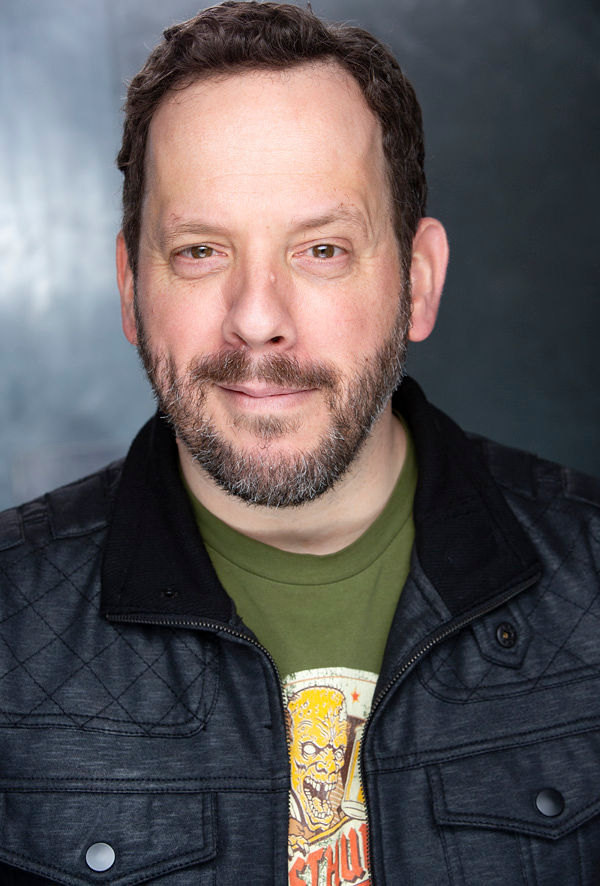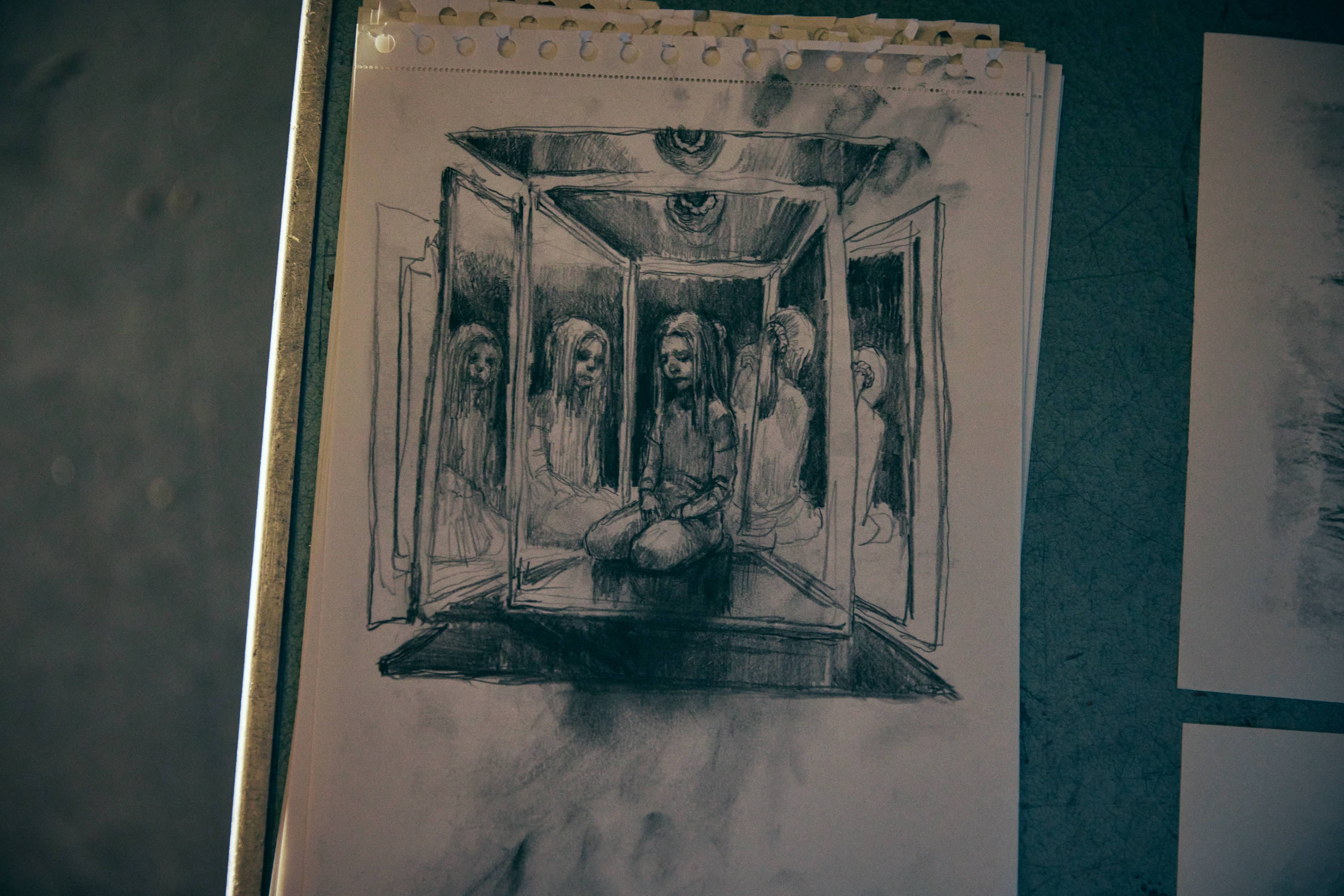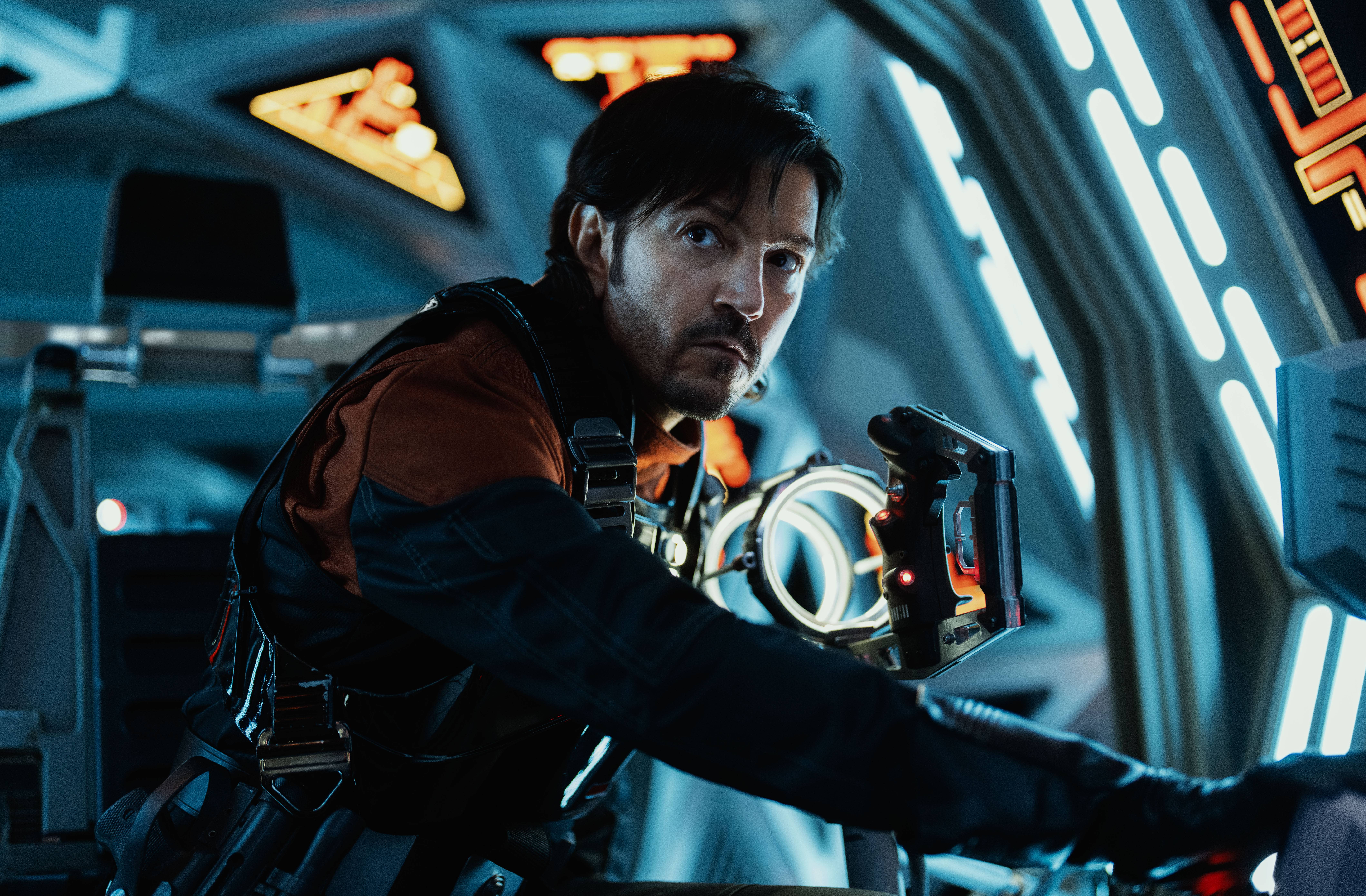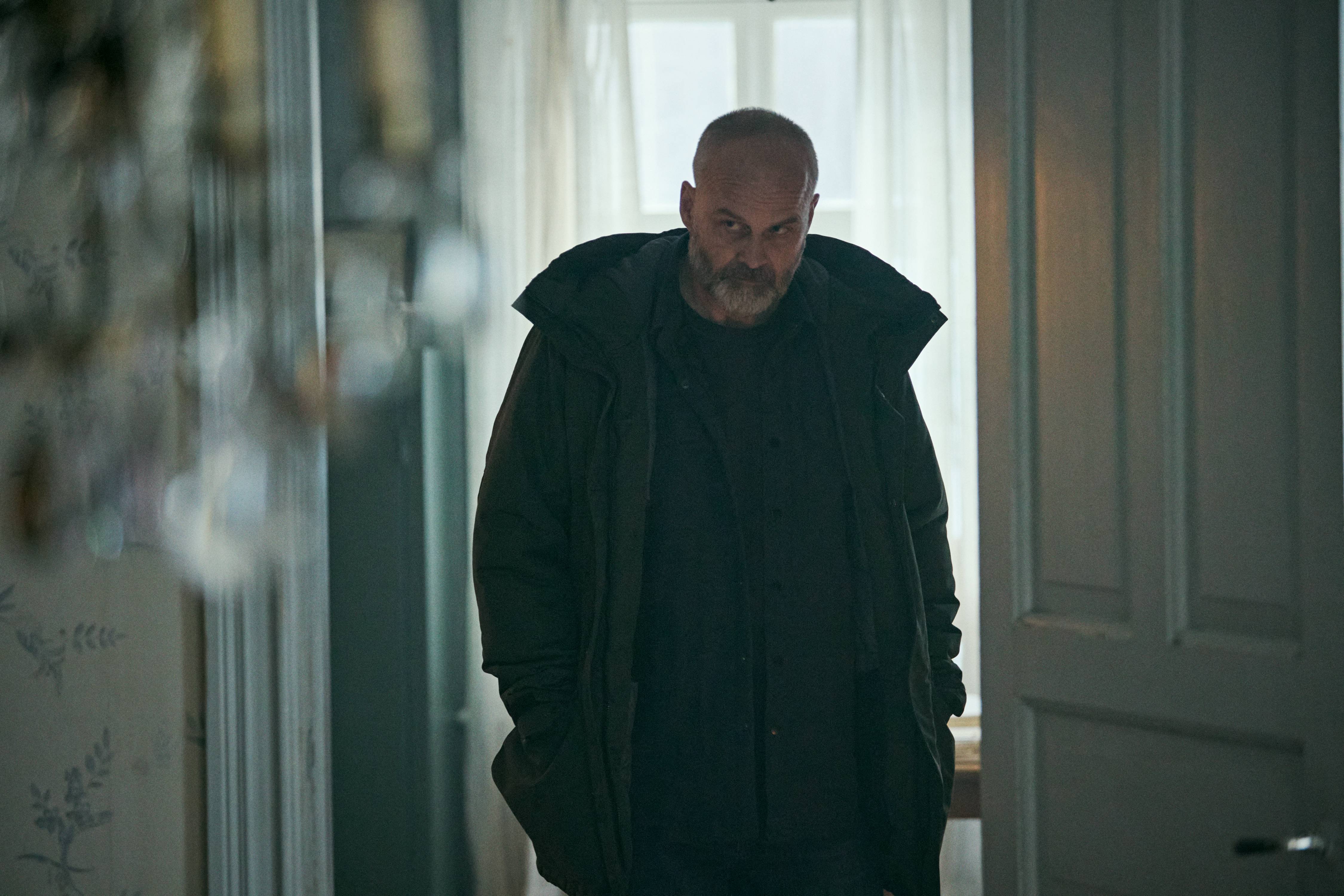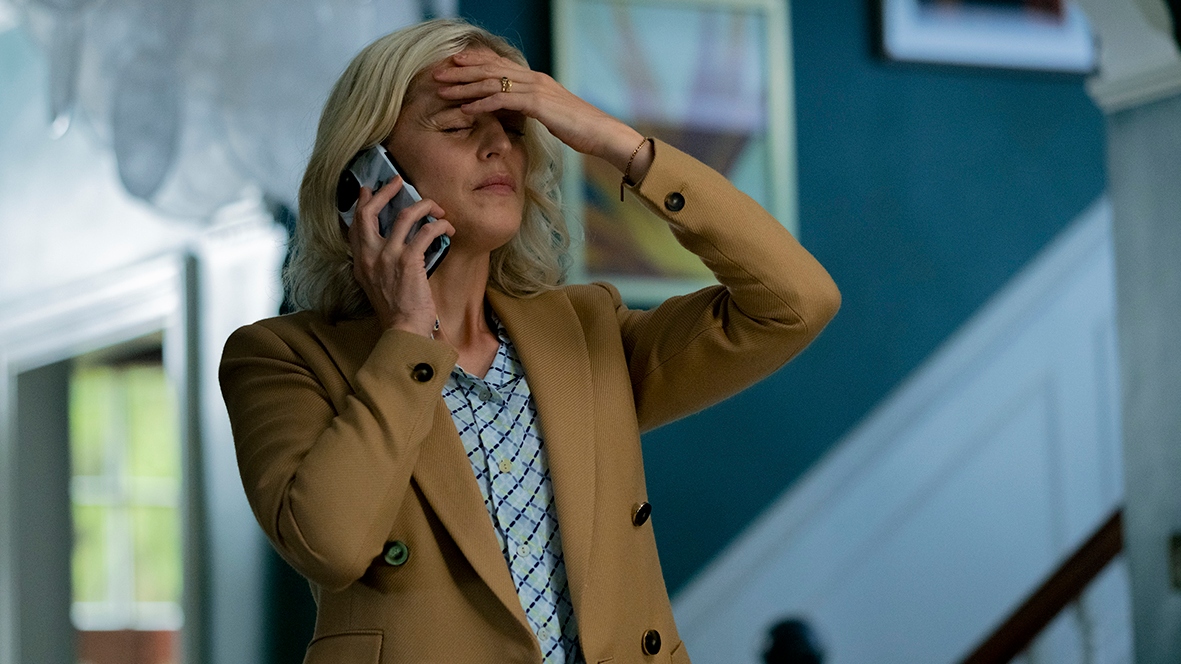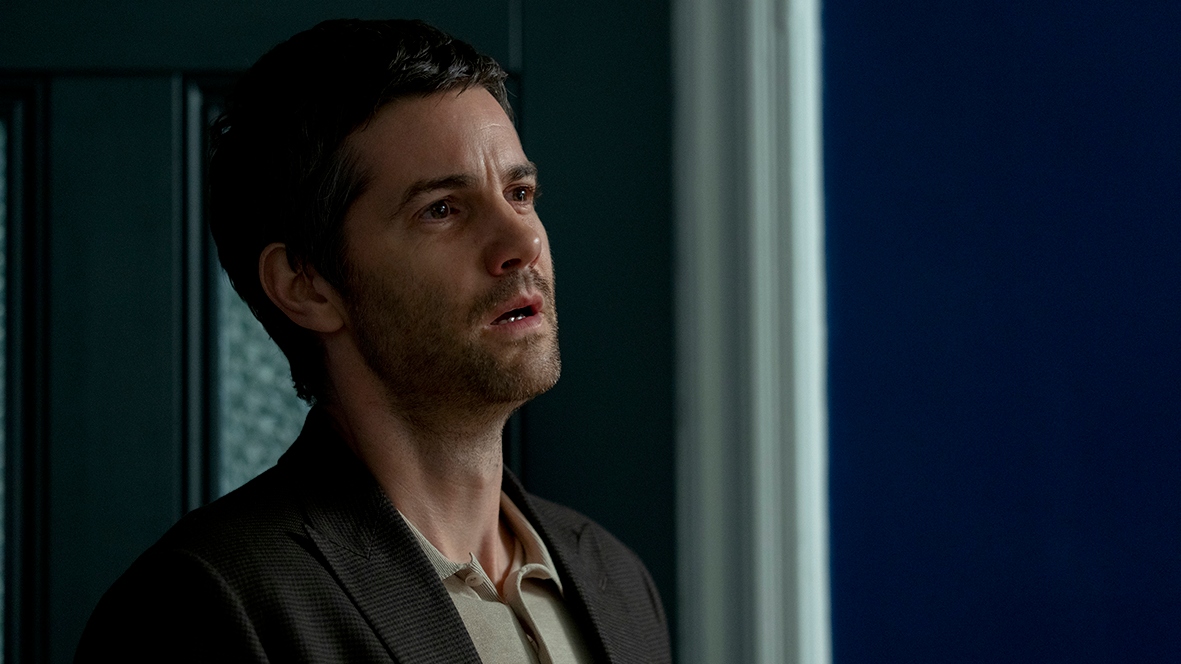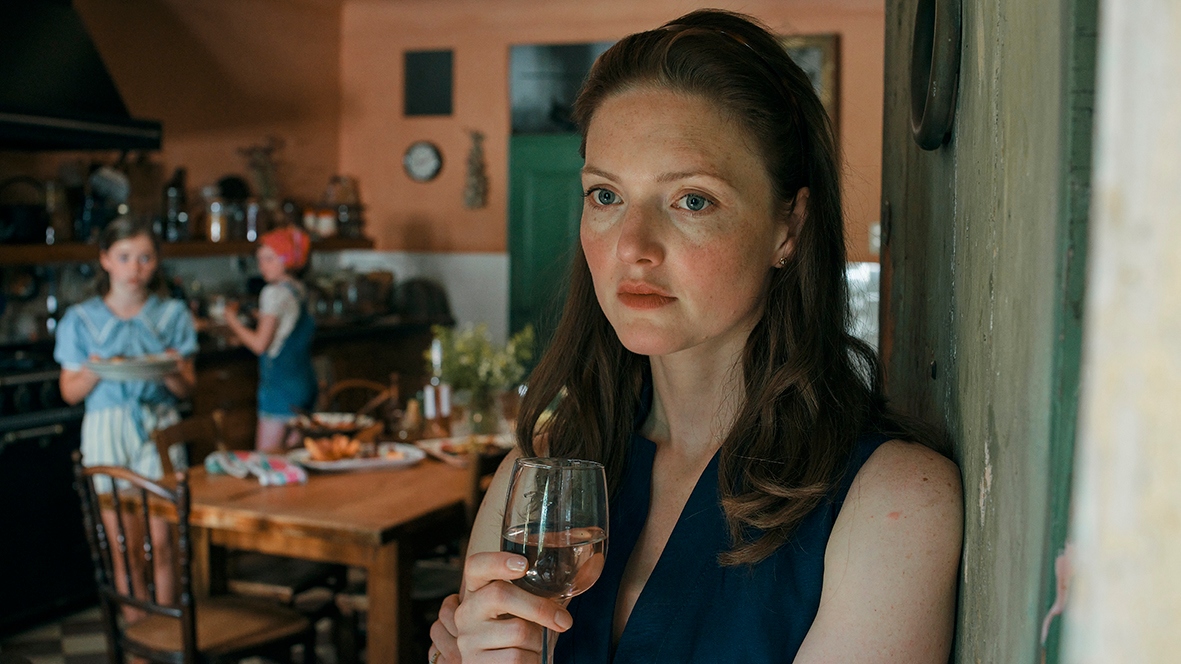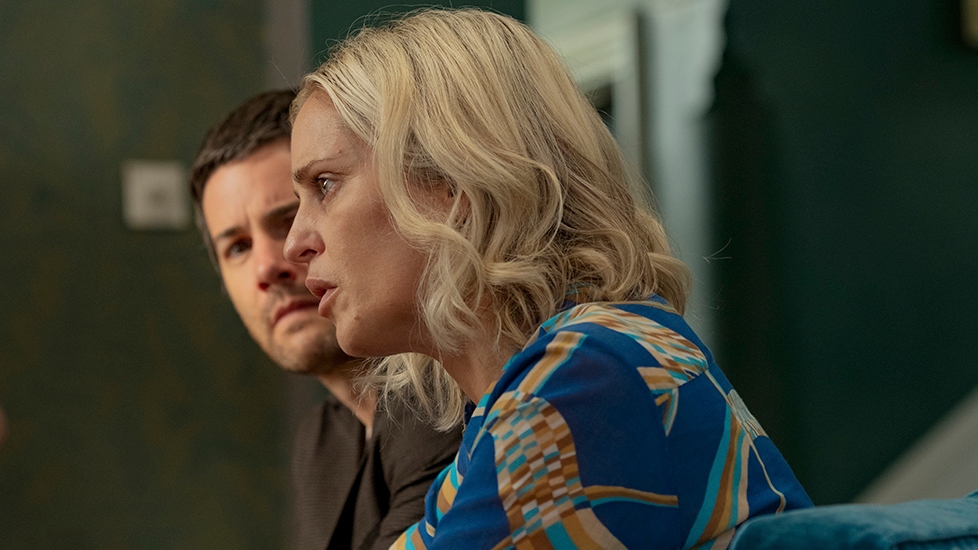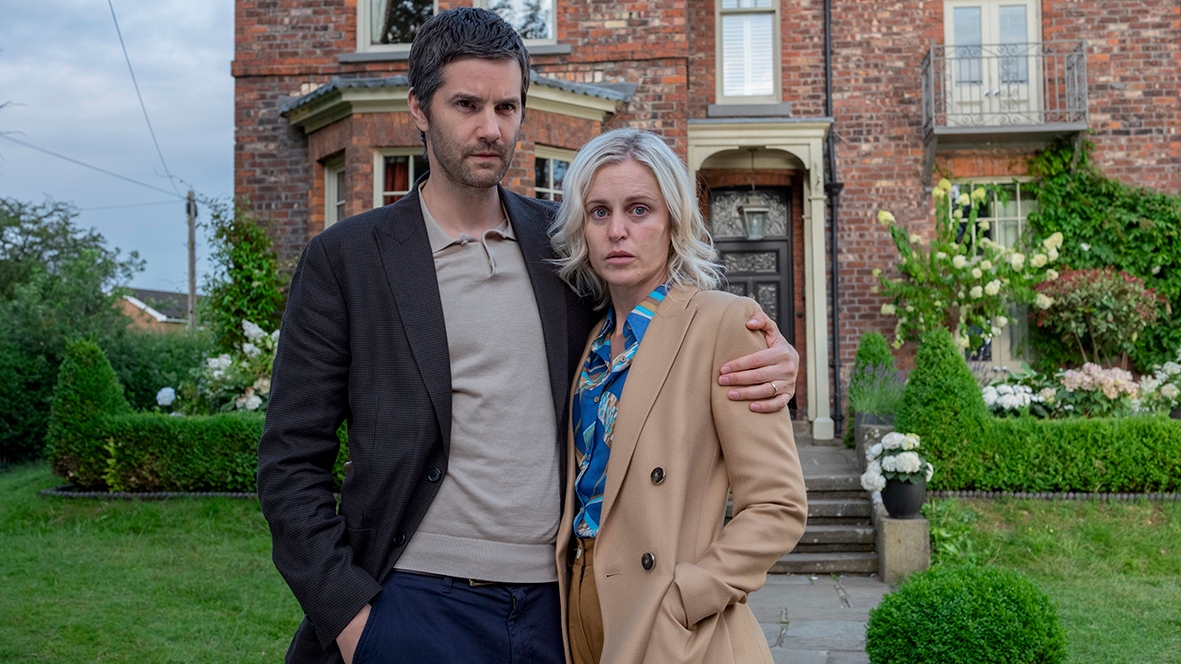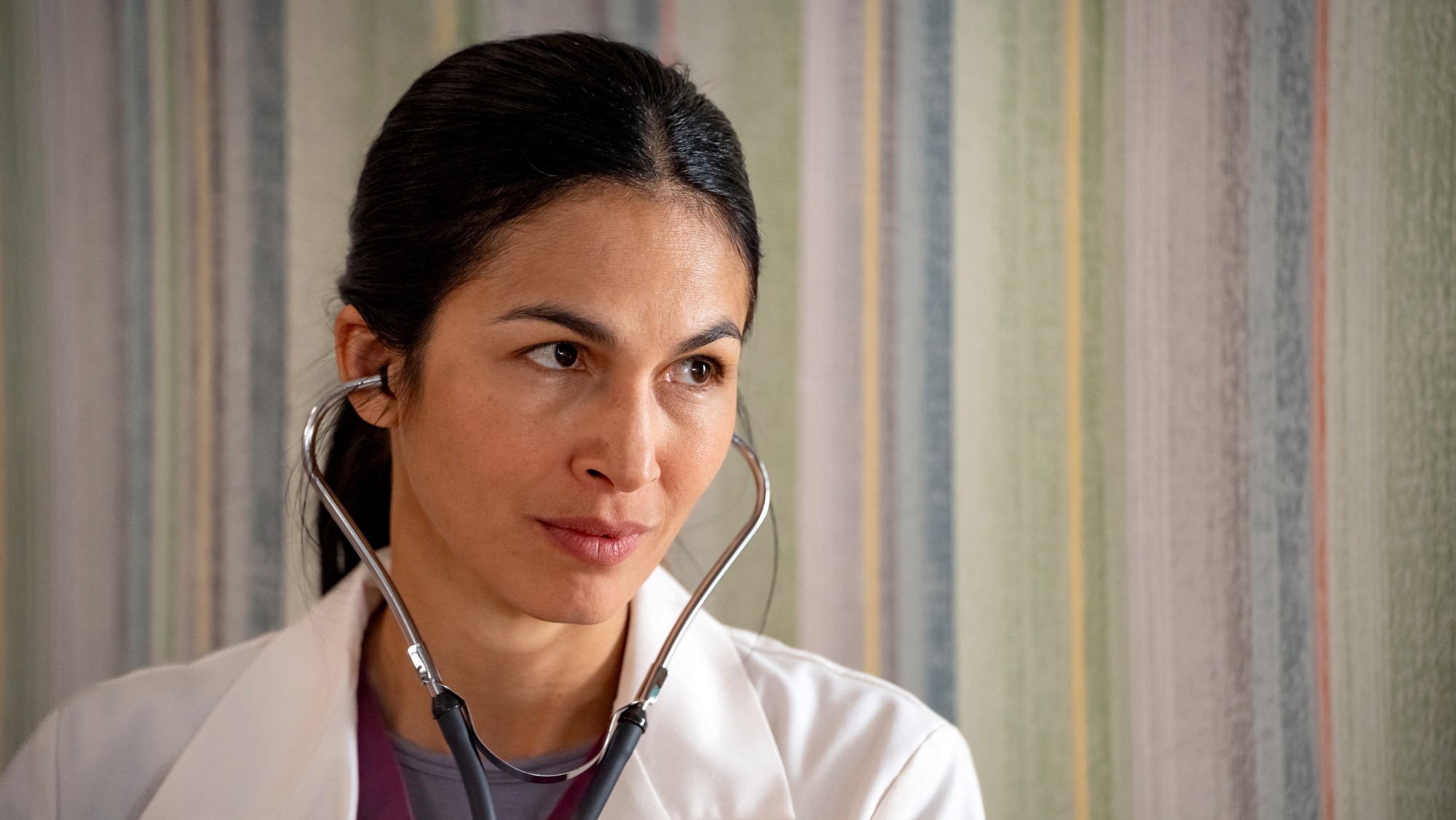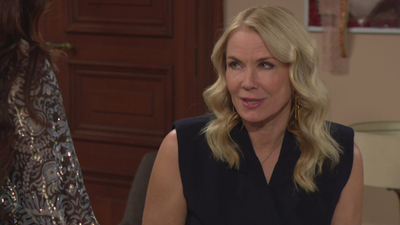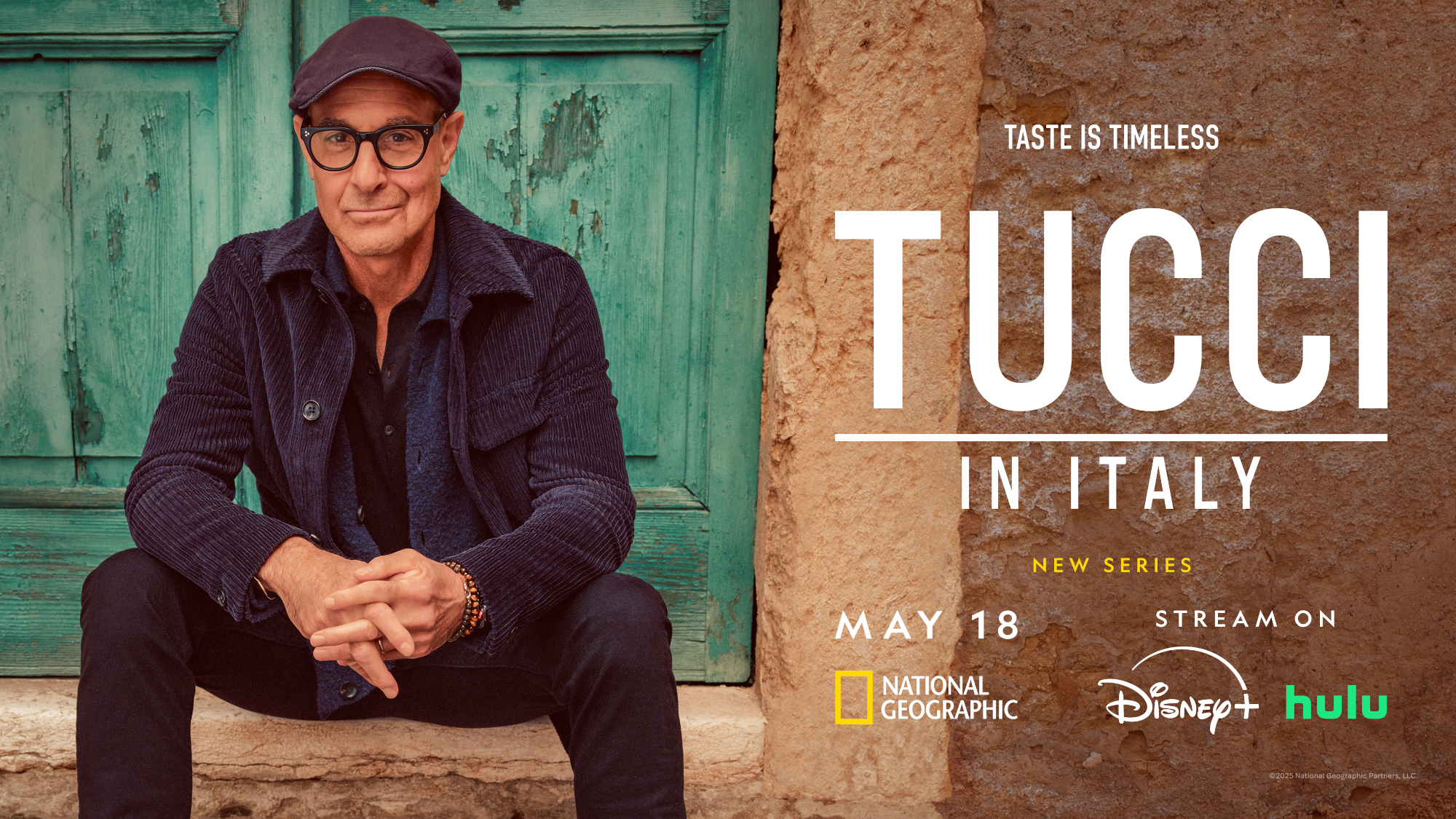'The Stand' showrunner Benjamin Cavell discusses why the tube necks needed to be just right
And why he believes this isn't a story about a pandemic.
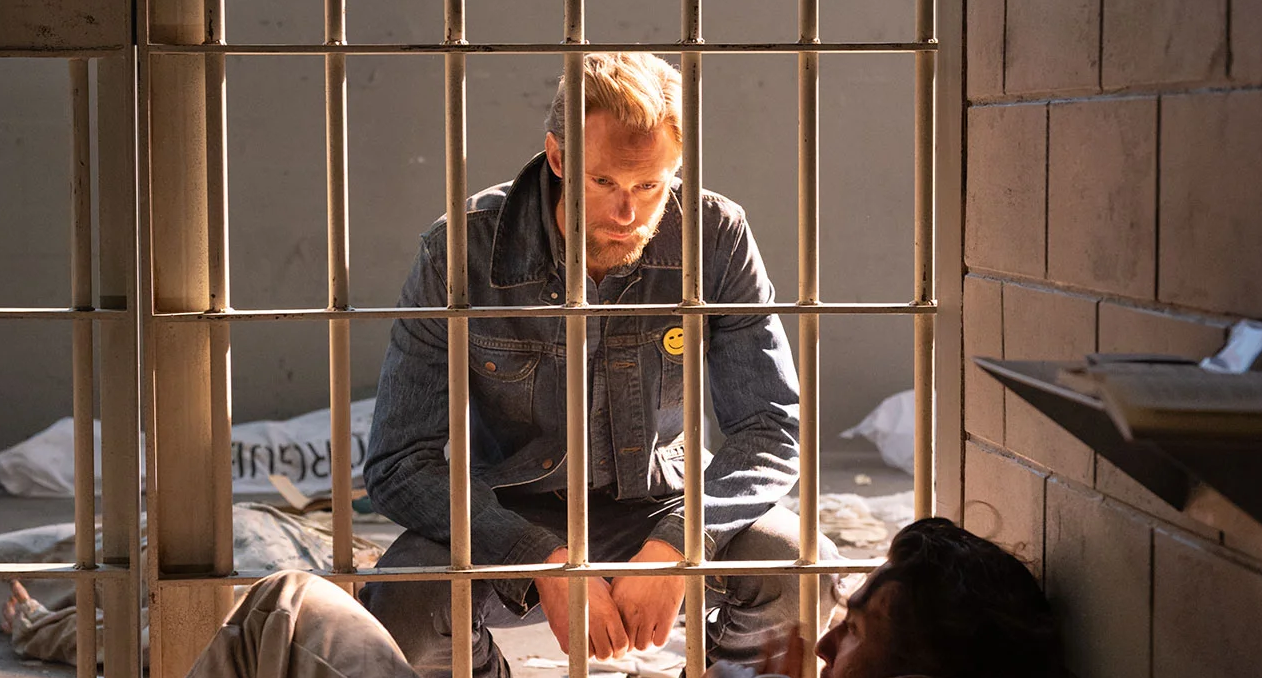
The Stand premieres on December 17 on CBS All Access.
Is now the perfect time for a post-apocalyptic Stephen King series about a world-killing virus? That's the question everyone seems to be asking as the premiere of CBS All Access's highly-anticipated adaptation of The Stand looms right around the corner. But as show-creator Benjamin Cavell told the members of The Television Critics Association, "I've never regarded 'The Stand' as a book about a pandemic."
For those unfamiliar with the tale, The Stand (which many consider Stephen King's best work) is a book that follows the last of humanity after the world's population is decimated by a man-made virus known as Captain Trips. These remaining survivors end up being coveted by two supernatural beings: the 108-year-old prophet Mother Abigail Freemantle (Whoopi Goldberg), and the demonic Randal Flagg (Alexander Skarsgard). These factions end up facing off in a supernatural battle that'll ultimately decide the fate of the world.
It's been 26 years since the original Mick Garris-directed miniseries explored King's material and, needless to say, a lot has changed in the world. Just three years ago, when Cavell began production on the project, the word COVID wasn't a thing being uttered by anyone. But there were some similarities to The Stand already brewing in our society. The polarization and cultural divide that has become the daily norm is a concept that burrows right into the core of King's iconic tale.
- The Stand character guide
- Everything you need to know about The Stand
- First thoughts on CBS All Access' The Stand
"The pandemic in the book exists as a kind of mechanism to empty out the world so that there can be this really elemental struggle between good and evil or, I hesitate even using those words, but between the forces that are united behind Mother Abagail and the forces that are united behind the Dark Man," Cavell explained. "King has been very upfront about the idea that this book was his attempt to do, 'Lord of the Rings' in America, and in order to empty out America for the walk to Mordor, there needs to be something, and that something was Captain Trips."
We'd be remiss if we didn't acknowledge that it's been 42 years since Stephen King's original version of The Stand was published. A number of revisions have hit the shelves since, and King has even authored a new coda for the upcoming program, which will be featured in the final episode. With all that said, the spirit of Stephen King's tale has persevered.
“First there’s chaos, and then there’s reintegration,” King told Vanity Fair earlier in the year. “So it’s a question of, do things reintegrate in a way that’s good, or do they reintegrate in a way that’s Hitlerian and bad? It could go either way, so I wanted to write about that. I wanted to put those two forces in conflict.”
Get the What to Watch Newsletter
The latest updates, reviews and unmissable series to watch and more!
The conflict in question is the biggest focal point of the series, as it is in the book, but to say The Stand isn't a show about a pandemic during a pandemic underscores this specific part of the story.
We say this because, unlike Garris's 1994 mini-series, Cavell's adaptation of King's book doesn't at all shy away from showing Captain Trips in all its gruesome glory. Where Garris mostly sidestepped showcasing the damage of the virus, beginning his version of The Stand in the aftermath of the plague, Cavell and company adhere uncomfortably close to their representation of Captain Trips. The book is filled with descriptions of victims smattered in mucus, constant uncontrollable choking, and the froglike tube necks that signify a person is close to death. And that is all here.
"The tube necks are such an iconic part of the book and it felt important to us in really doing a faithful adaptation of that story," Cavell said. "We really tried to ground it all in a really visceral, deeply felt, believable reality, which is why we worked so hard with prosthetics [...] to make those tube necks feel really horrifying and to match the descriptions in the book. We spent a lot of time talking about it and really trying to dial in that look and strike that balance between being faithful to the description on the page, but also having it feel on-screen like something that's really grounded and real and visceral."
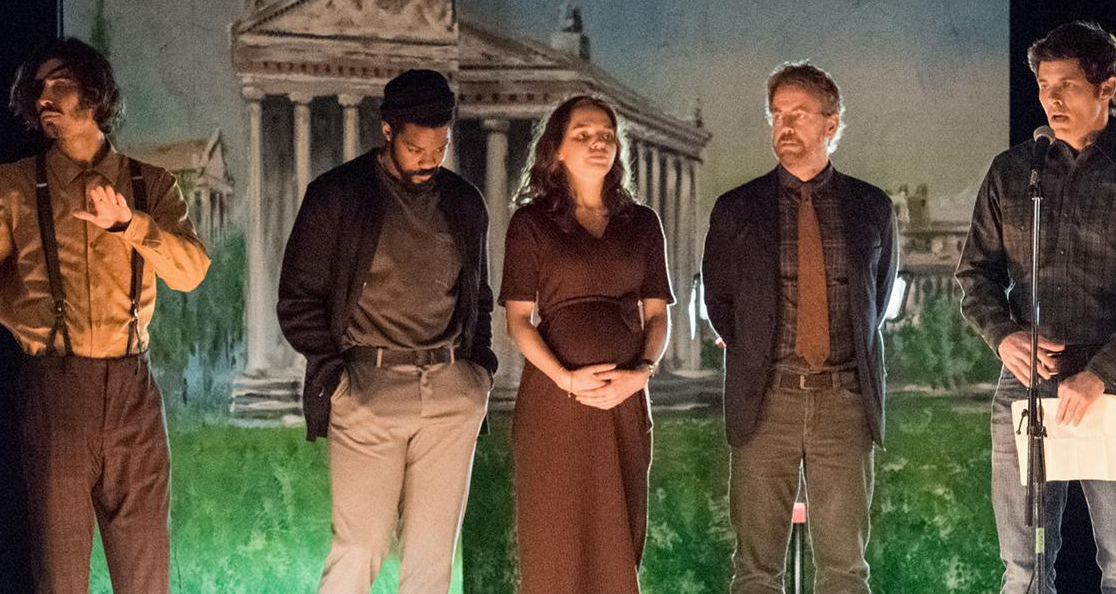
Obviously, the timing here is all a bit unfortunate. Will viewers want to tune into a series about a virus that ends the world? Especially with what's going on in the world right now? That remains to be seen. But, as Cavell revealed, the surrealness of all of this is not at all lost on him.
"I won't say it wasn't surreal for all of us when we were in Vancouver in the early part of this year and kind of realized what was happening and were following the news and our last day of shooting in Vancouver was March 11," he explained. "We wrapped actually at daybreak on March 12. We obviously were rolling with it the same way everybody is. But our task has always been to adapt the book. And that's, you know, that's what I think we've done."
Aaron has been reporting on the entertainment industry for over a decade. He's written for places like The Hollywood Reporter, Playboy, SF Chronicle, The Washington Post, Rotten Tomatoes, and Inverse. Aaron is a member of the Television Critics Association, Critics Choice, and AFTRA SAG. Before entering the journalism game, Aaron was an actor in commercials and TV. He once played Charlize Theron's nerdy boyfriend in a Japanese Honda commercial and co-starred in the Power Rangers sister series VR Troopers.
